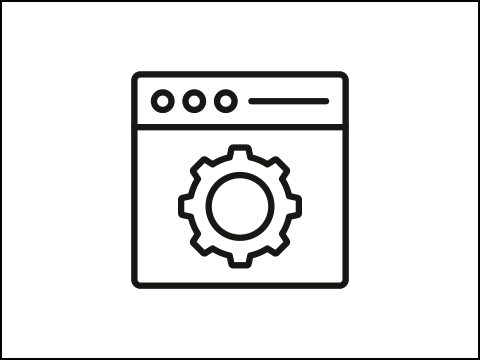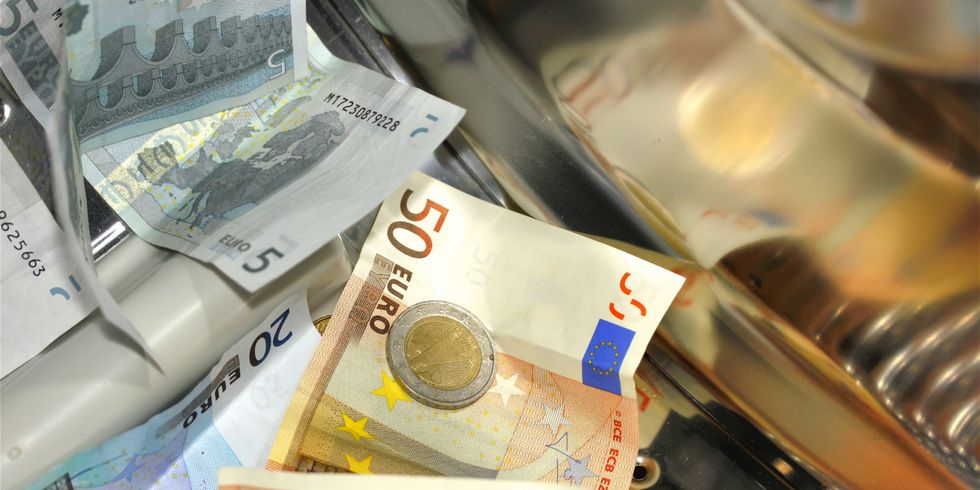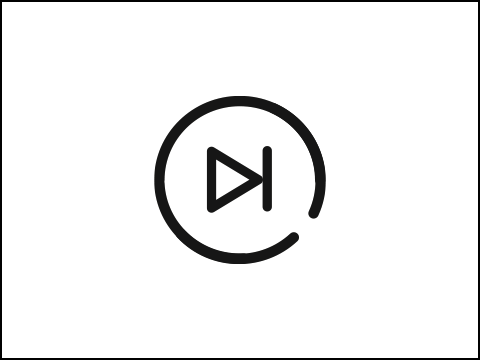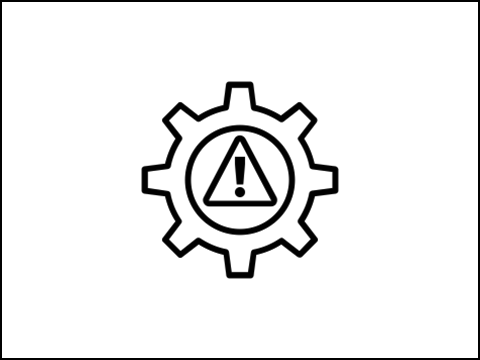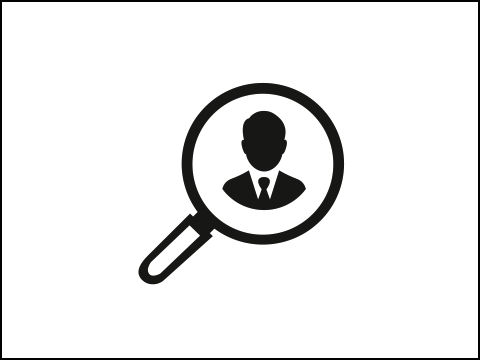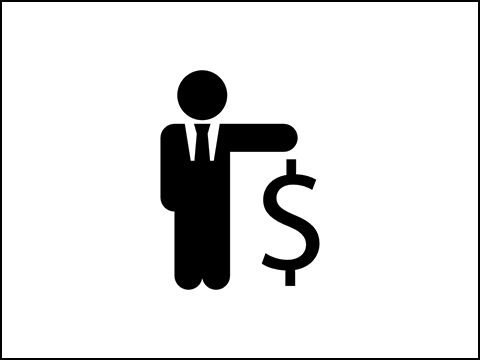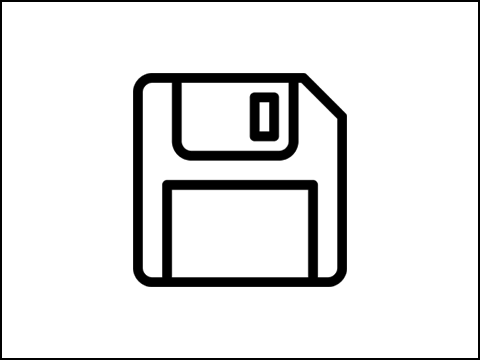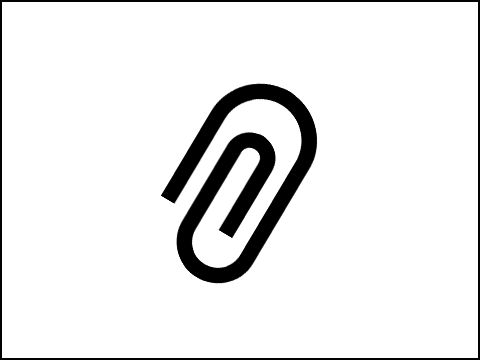The Senate Department for Economics is the competent supervisory authority under the Money Laundering Act (Geldwäschegesetz, GwG) for obliged entities from the non-financial sector in the State of Berlin.
What does the term money laundering even mean? And what is money laundering prevention and what is its purpose? The following pages will give you an initial overview of the Money Laundering Act and its latest updates. In addition to this, you will receive information about responsibilities and groups of obliged entities, the risk-based approach and what must be observed with regard to fulfilling due diligence requirements.
Detailed, target group specific information is also provided in the nationally uniform fact sheets that are available in the download area.
